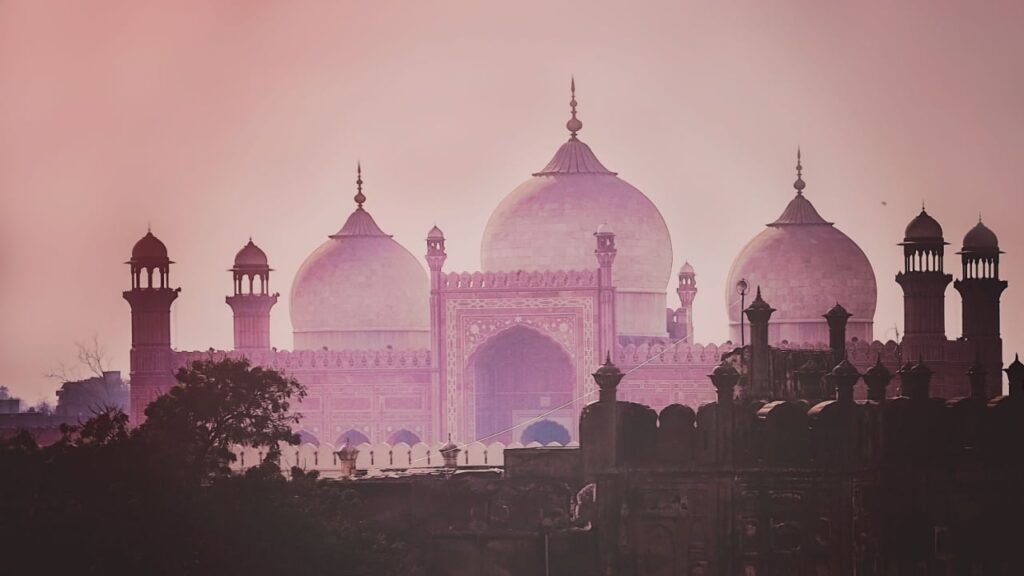Pakistan's new government took office amid political turmoil, polarization and allegations of election fraud. In his second term, Prime Minister Shehbaz Sharif faces dire challenges, including a weak coalition, political instability, increased military involvement in politics, economic hardship, and security concerns. It is unlikely that the new government will have the capacity or capacity to effectively deal with these formidable obstacles.
Shehbaz Sharif heads a fragile coalition of six parties, making his government susceptible to the complexities of coalition politics. Continuing efforts are required to meet the demands of these partners and ensure their continued support. In addition, it faces the challenge of implementing tough economic reforms that could alienate coalition allies who are reluctant to bear the brunt of the financial crisis and instead prioritize reaping the benefits of power-sharing. There is. Sharif's second term is therefore likely to be similar to his first.
The government is poised to remain hostage to the demagoguery of the opposition Pakistan Tehreek-e-Insaaf (PTI), which refuses to recognize the legitimacy of the current government, claiming its mandate was stolen in last month's fraudulent elections. is. Following the loss of military support, former Pakistani Prime Minister Imran Khan and his party faced massive state repression following his ouster from power in a no-confidence vote in April 2022, resulting in Shehbaz・Sharif's first coalition government was established. . Khan was arrested and detained on multiple charges, and his party leaders were pressured to quit. Furthermore, the party's election symbol, the cricket bat, was stripped from them and they were not allowed to campaign freely.
Despite facing many challenges, the party outperformed other parties and secured more seats than its main rivals, the Islamic League-Nawaz (PML-N) and the Pakistan People's Party (PPP). Through the effective use of social media, the party was able to mobilize its voter base and change the expected election outcome. Pakistan's powerful military supported Nawaz Sharif (Shehbaz's brother) and his party, the PML-N, raising hopes of winning the election with a majority. However, the unexpected election results led to the formation of a coalition government of the PML-N, PPP, and other smaller parties to prevent the PTI from seizing power. The PTI has accused both parties of stealing its mandate through military support and electoral fraud. With the PTI holding a large number of seats in parliament, political instability is expected to increase as the opposition continues to disrupt the government's proceedings.
Another formidable constraint facing this government is the military's heavy role in the country's politics. Influential militaries are poised to maintain their influence and maintain their “kingmaker” role. During the first coalition government, Shehbaz Sharif ceded more power to his military, but this trend is unlikely to reverse. As a result, the military continued to shape security and foreign policy. This means that prospects for improving relations and promoting trade with India to improve Pakistan's dire economic situation remain bleak.
Pakistan is currently facing a severe economic crisis, and securing an IMF bailout will require tough decisions from the government as the deadline for the current bailout approaches (end of March). During Mr Sharif's previous term as prime minister, Pakistan struggled for months to secure a $3 billion bailout from the IMF to avoid default.
Without the government's ability to implement the necessary structural reforms, Islamabad will likely resort to increased borrowing, additional bailouts, and further debt increases. The result will be inflation, a continuing energy crisis, low growth, and a prolonged burden of external debt. Inflation rates have hovered around 30%, and poverty has increased rapidly in recent years, with nearly 40% of the population living below the poverty line. The economic crisis is expected to worsen further in the coming days.
The state of human development also reflects a worsening situation. The decline in Pakistan's ranking in the Human Development Index from 161st to 164th out of 192, according to the United Nations Development Program (UNDP)'s World Human Development Report 2022, requires deep reflection. This downward trend in human development indicators, including literacy, education, health, gender equality and social justice, threatens to exacerbate political instability and economic challenges.
Pakistan's security environment also remains unstable, primarily due to concerns about possible terrorist attacks by the Pakistan Taliban (TTP), which maintains a safe haven in Afghanistan. Despite the Islamabad government publicly warning the Taliban government to take action against the TTP, no meaningful steps have been taken due to capacity constraints or lack of willingness on the part of the Taliban. The TTP's objective is to establish a Taliban-like government in Pakistan, which poses a serious threat. In 2023, Pakistan suffered nearly 1,000 casualties in terrorist attacks, underscoring the continuing danger it continues to face. Additionally, recent cross-border attacks from Iran have further heightened Pakistan's security concerns. Moreover, prospects for improved relations with India remain low, mainly due to the irreconcilable positions held by both countries regarding Kashmir.
Addressing these challenges has become increasingly difficult in a challenging political environment where constraints on government powers severely limit the ability to implement important policy measures. As a result, Pakistan remains on a trajectory of chaos and instability.
Saira Bano He is an assistant professor of political science at Thompson Rivers University. Her main research interests include international relations, great power politics, security issues, nuclear non-proliferation regimes, nuclear weapons issues in South Asia, and the intersection of domestic politics and foreign policy. She completed her PhD at the University of Calgary's Center for Military, Security and Strategic Studies (CMSS). Follow her on X @siraban1.
Image: Shutterstock.com.


